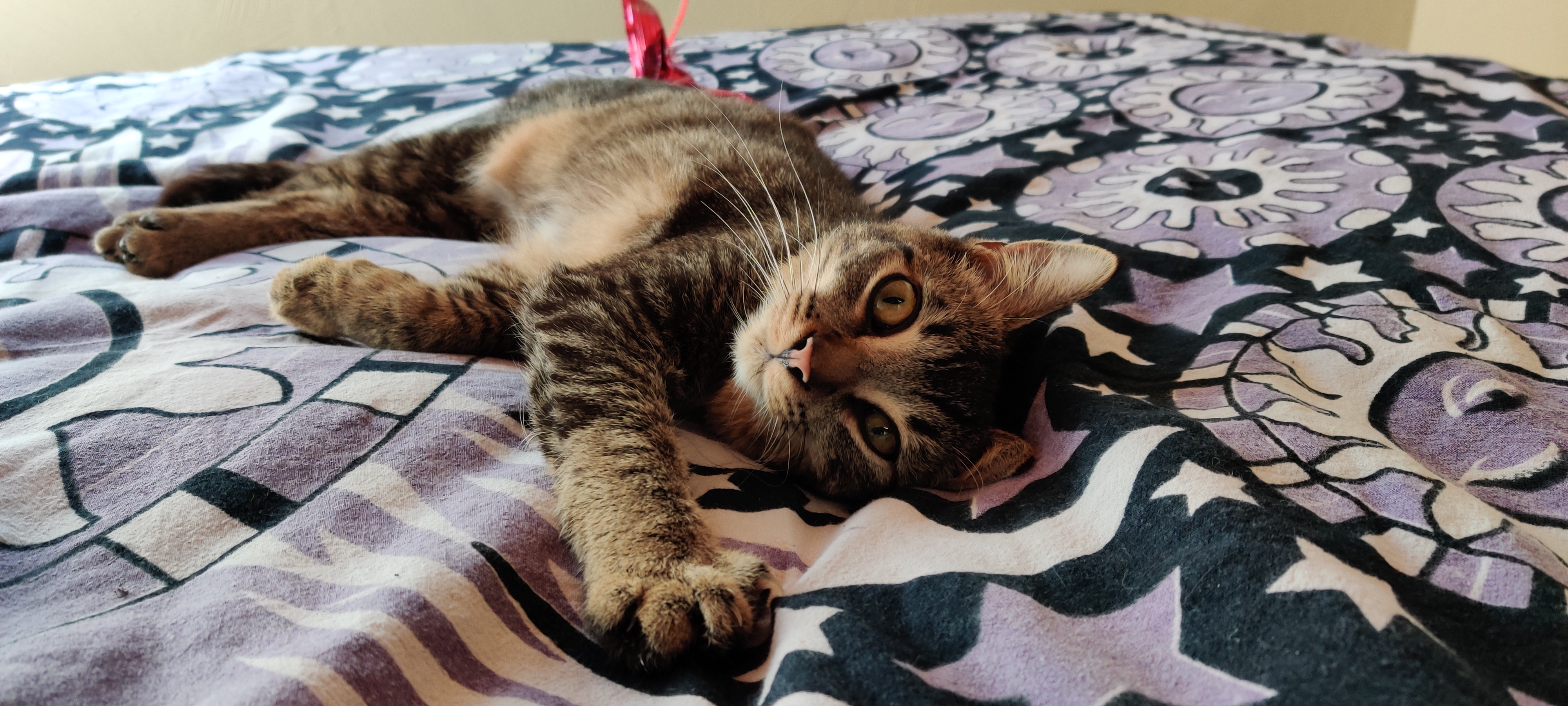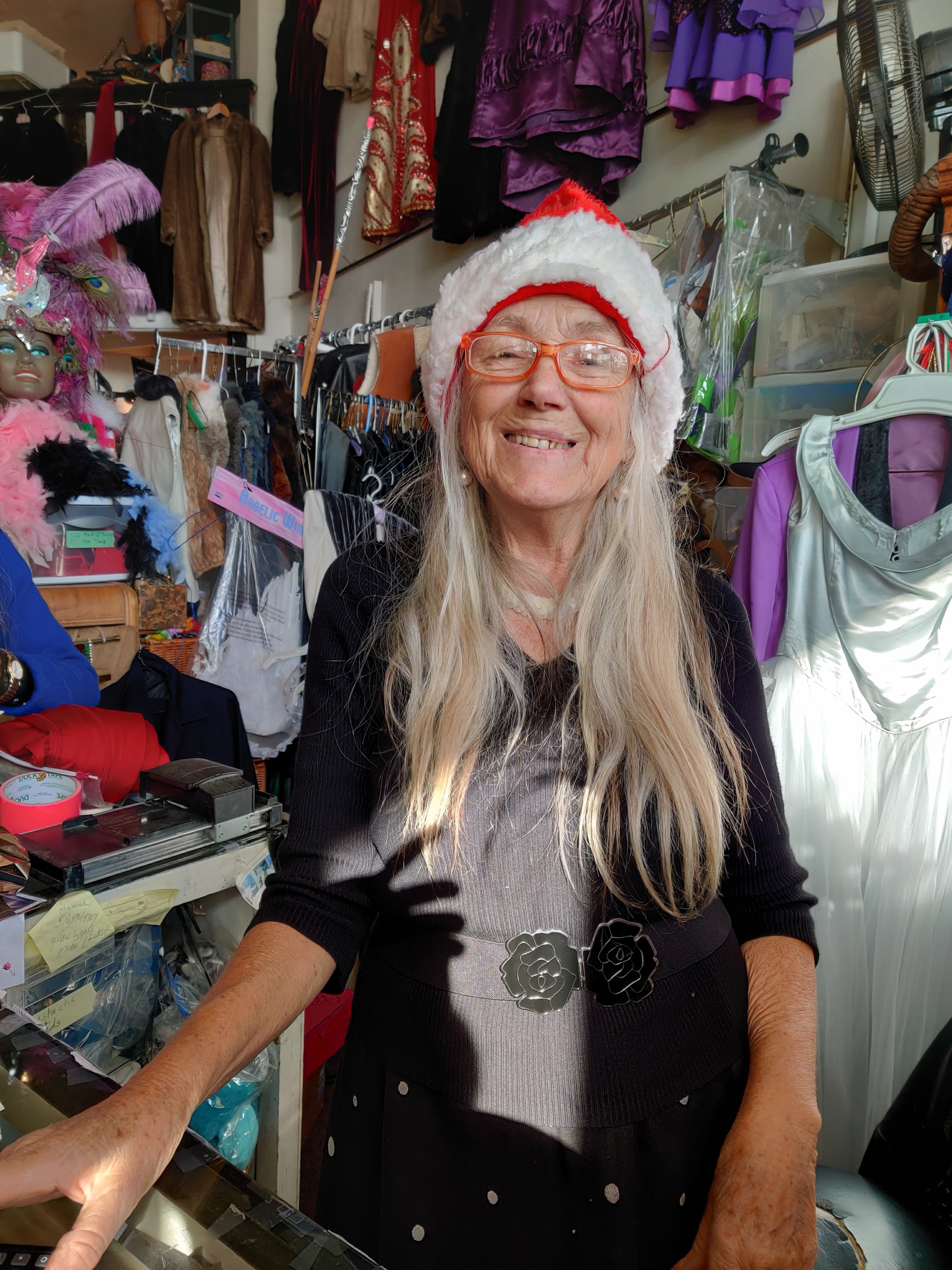Category: Culture
-

When Online Communities Work
I believe that groups like the Facebook group that saved my kitten’s life are a blueprint for how things can and should work. But it will be up to us, the users of the Internet, to make it happen.
-

Is my student ready for online courses?
I often see this question in homeschooling and parenting groups: How do I know if online education will work for my student? I’m not a proponent of kids sitting in front of computers all day with no real-world interaction, so if you’re looking to an answer whether you should enroll in K12 or another full-time…
-
On the radio: The state of jazz in cities with a high cost of living
Will Jazz Survive in Santa Cruz? Click here to listen to the interview Brad Kava did with percussionist and looper Rick Walker.
-

Another local shop closes
Support Santa Cruz’s quirky businesses! I suppose it’s inevitable that as real estate prices rise, a town becomes less funky and quirky. I saw it happen in Palo Alto in the 80s and 90s. When I arrived, the town boasted a diner with ancient (working) telephones on the tables and a dim sum place where…
-

Living intentionally with power
I’m not holding myself up as a great example of virtuously green living: I do drive a car; I do use my clothing dryer; I do love a hot shower. But something that gives me great peace is a focus on intentional living.